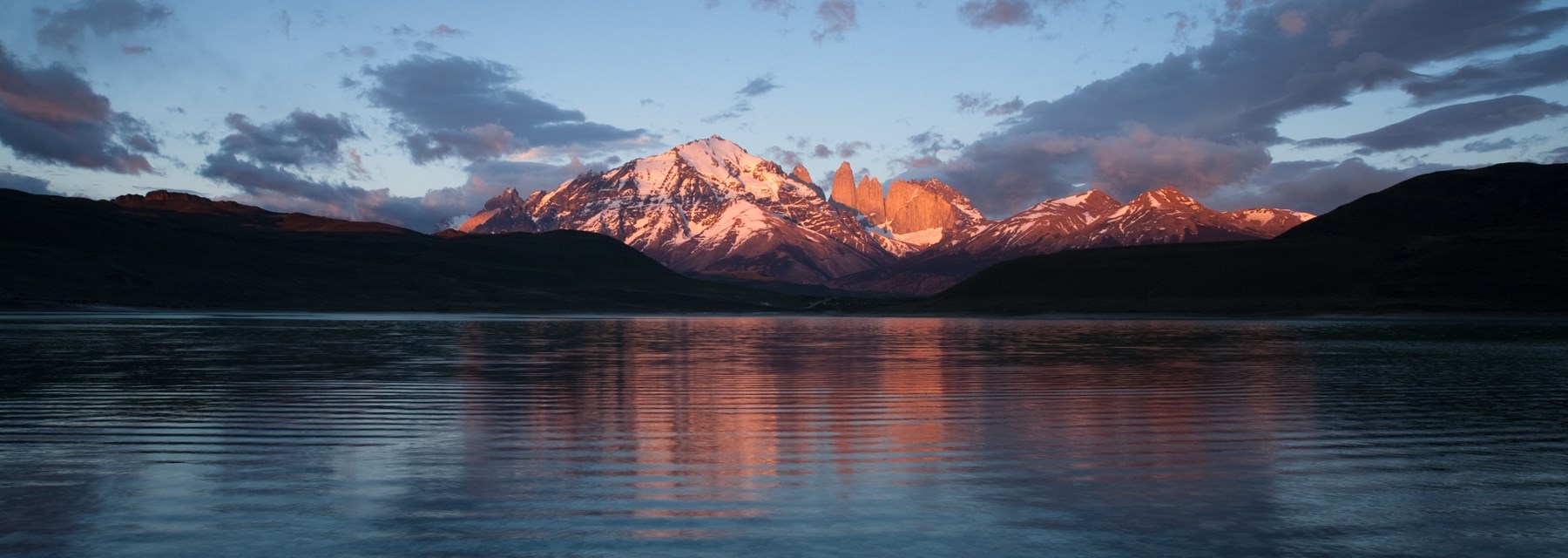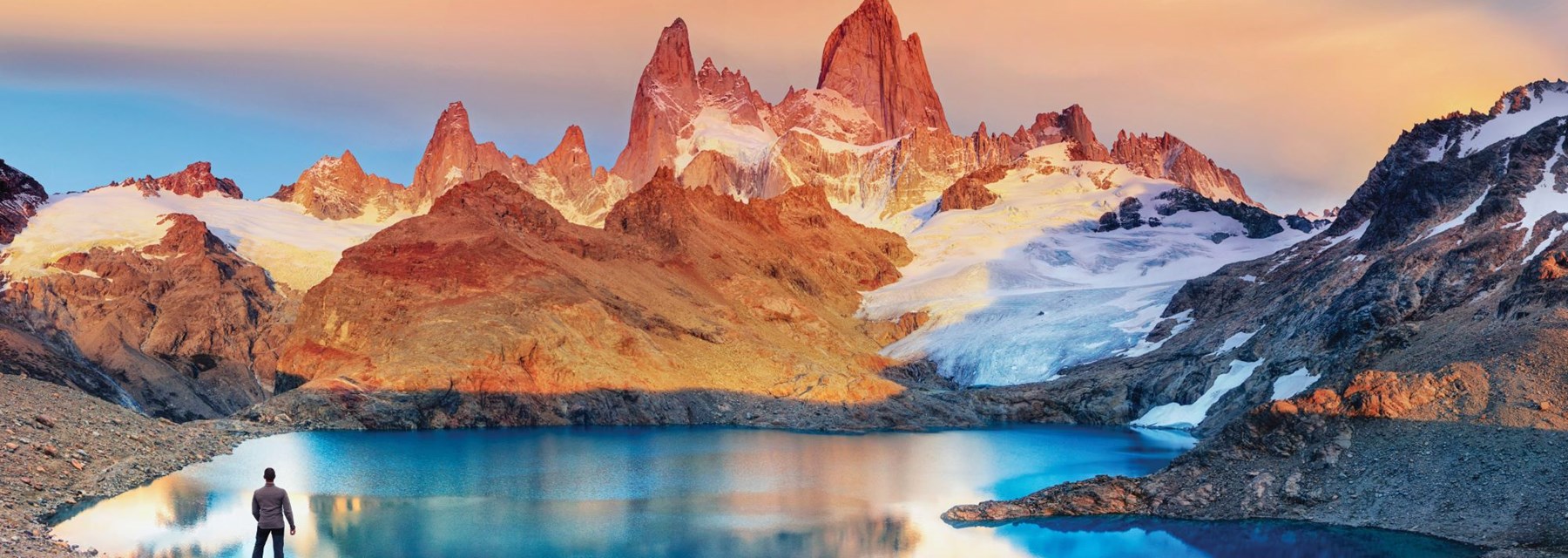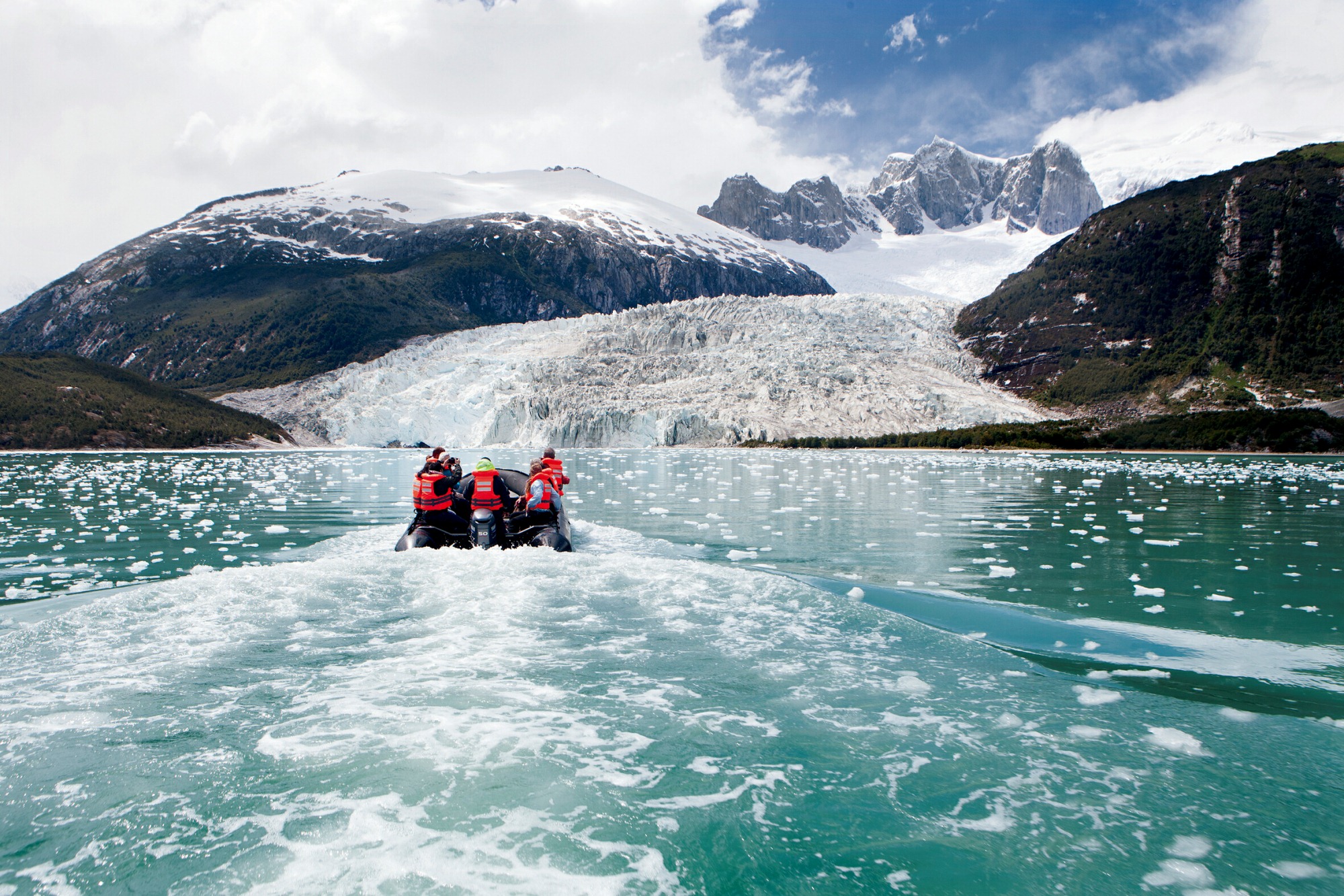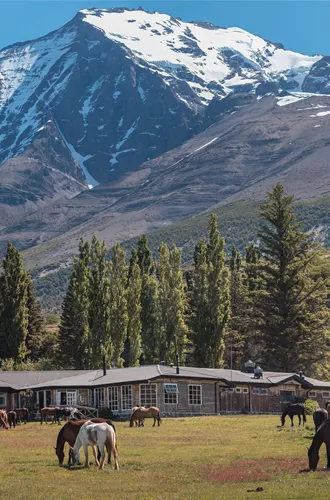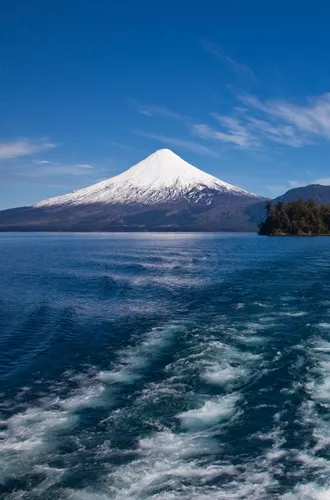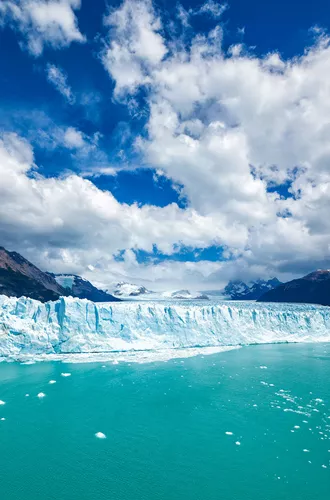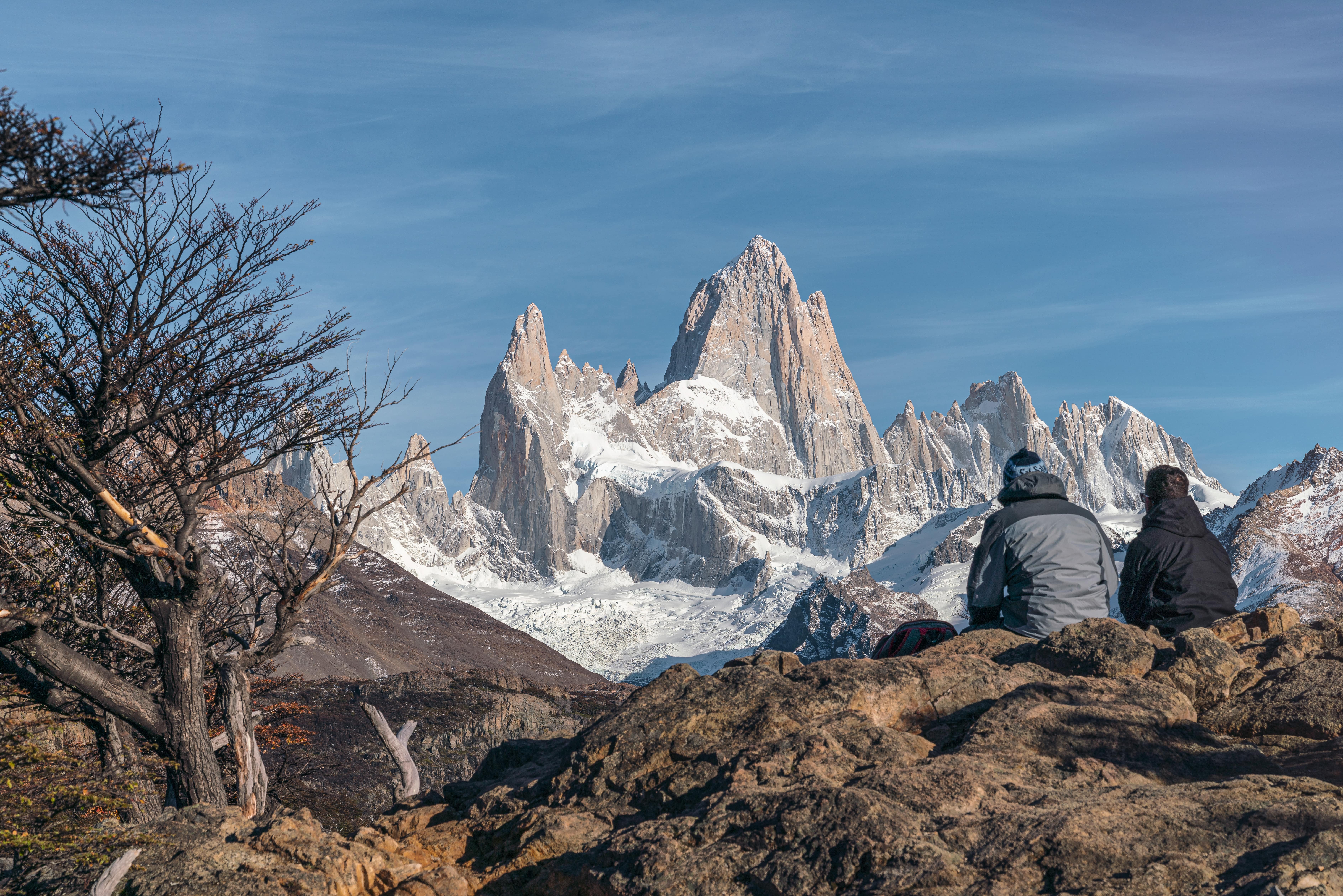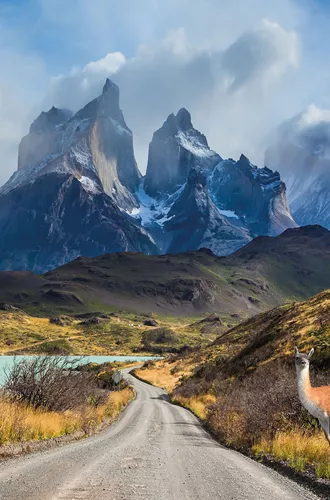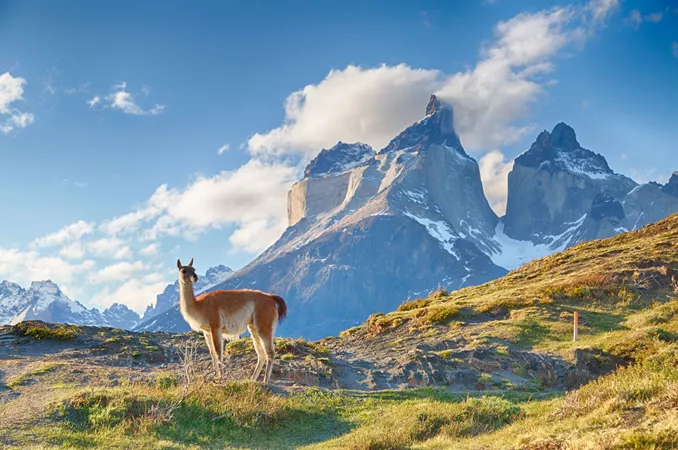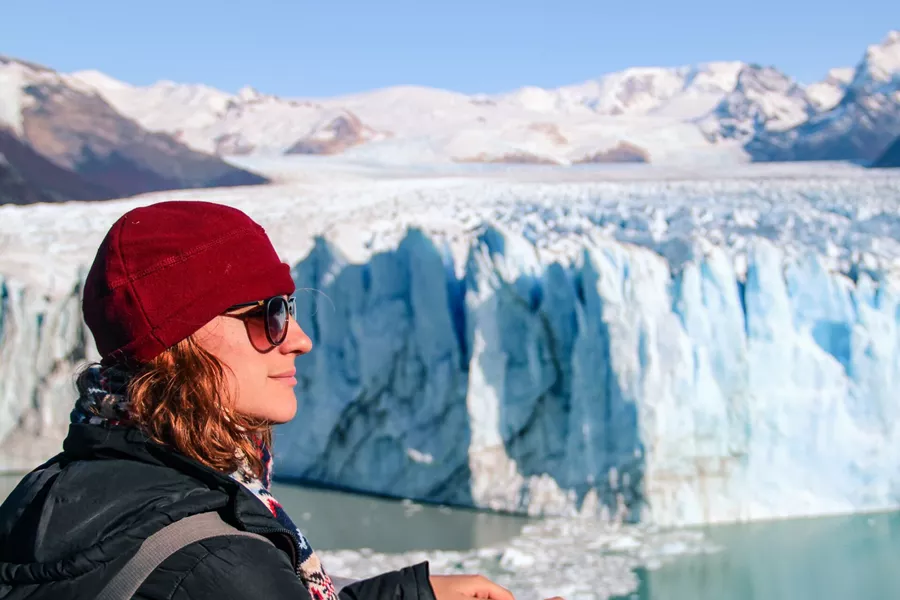Argentinians and Chileans are known for their warm, friendly nature. Greetings often include a kiss on the cheek, even between men and women. Dress modestly when visiting religious sites and be respectful of local customs. Chileans value politeness and formality. It's important to use formal titles and show respect, especially with elders.
Argentinians and Chileans typically eat dinner late, often around 8-9pm or even later. When dining out, it's customary to leave a 10% tip. Asado (barbecue) is a popular social event and it’s common for meals to be shared.
Sharing a mate (a traditional herbal tea) or tereré (a cold tea) is an important social activity. If offered, it's polite to accept one, even if you’re not sure you want or will like it.
Patagonian culture is a blend of Indigenous traditions and European influences. The gaucho, or Patagonian cowboy, is an iconic figure. Gauchos are famous for their horse-riding skills and traditional dress, including bombachas (baggy trousers) and ponchos.


